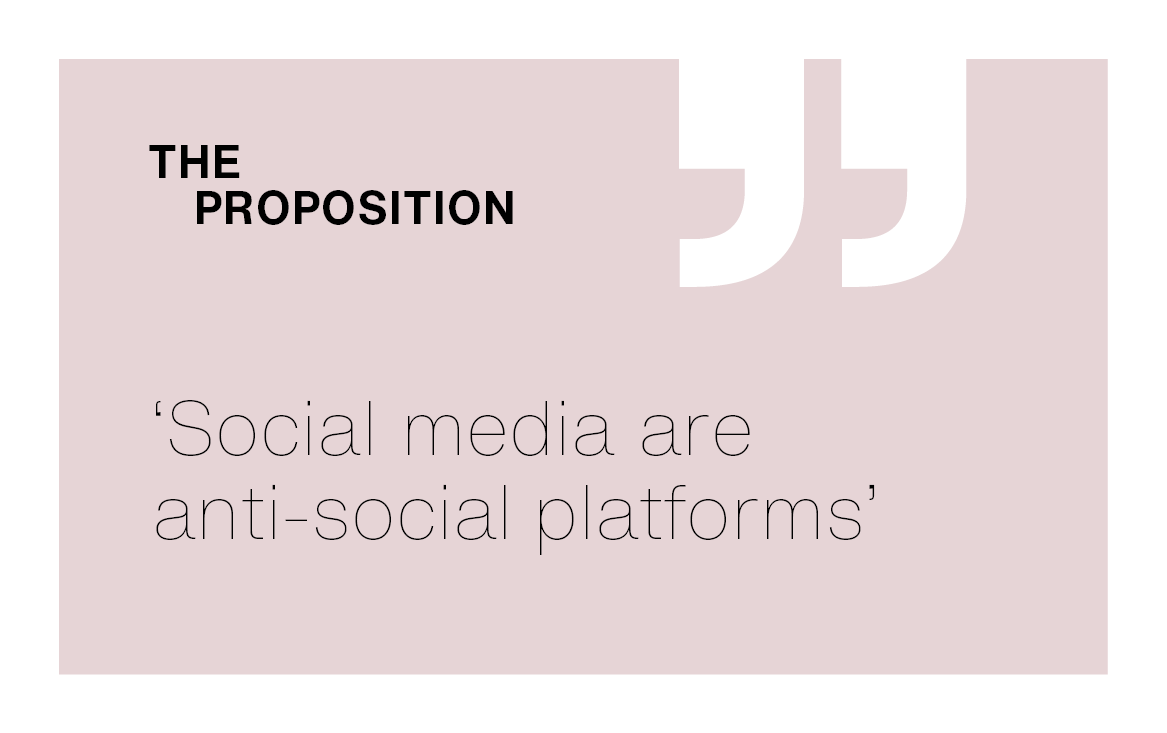Text Ning Fan
PhD candidates explain their most thought-provoking proposition. This time it’s Francesco Pancaldi, who received his PhD on 12 June for his thesis on plant cell walls, from evolutionary genomics to novel breeding tools.
‘I am passionate about politics and I’m a member of a political party in Italy. I’ve seen how social media can increase polarization in political beliefs, which shows that social media aren’t always “social” in a positive way.
Social media can have a big influence on a person’s way of thinking, leading to isolation or a decline in self-esteem due to the negative emotions cultivated by social media. In addition, social media can also encourage anti-social behaviour, as a person’s identity and mindset can be shaped by what they see online. This can ultimately lead to the clustering of social groups with extreme beliefs, and to the radicalization of such groups since interaction is promoted within rather than between groups by social media algorithms. This can lead to polarization and even harmful behaviour in society. I acknowledge the enormous benefits brought by social media, but we can’t ignore the fact that there are users who treat it with blind enthusiasm.
Radicalization is promoted by social media algorithms
How can we prevent social media from becoming anti-social? I think self-reflection is required and we should always remind ourselves of the balance between the positive impacts of social media and the potential risks.’




